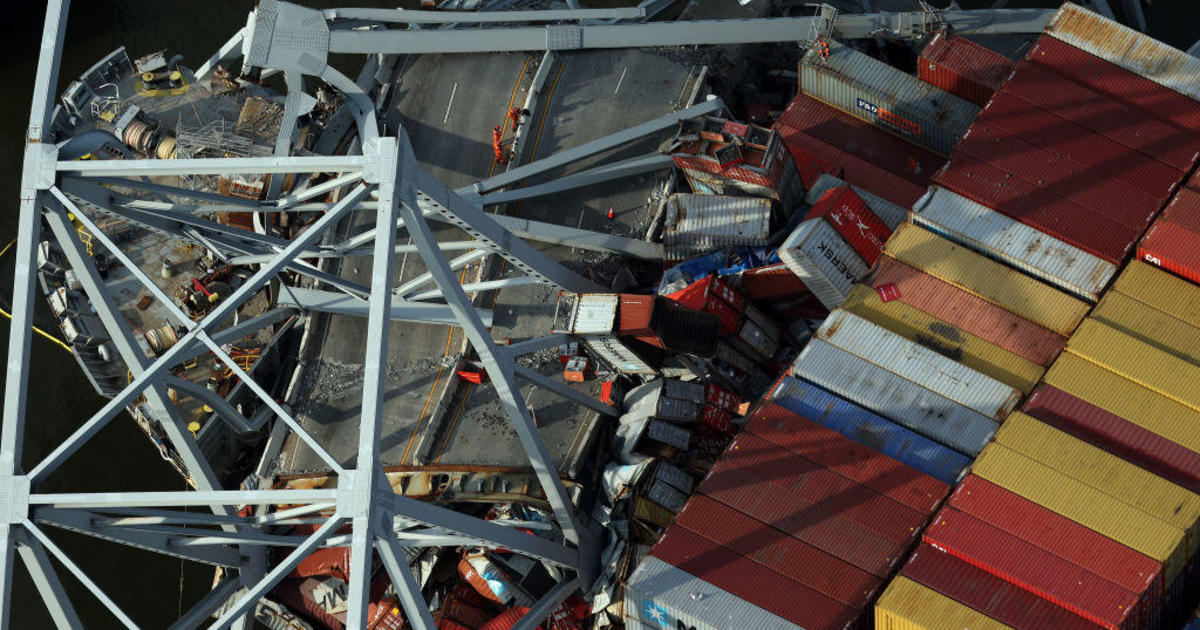Hurricane Florence Prompts Mandatory Evacuations In Virginia
(CNN) -- As Hurricane Florence approaches the East Coast of the United States, the governors of Virginia, North and South Carolina have issued mandatory evacuation orders affecting hundreds of thousands of residents in coastal areas.
Florence was upgraded twice Monday to Category 4, prompting numerous warnings from state officials to not underestimate the threat the storm poses. The size of hurricane-force winds doubled over 12 hours from 30 to 60 mph, the National Hurricane Center said Monday afternoon. The wind field is expected to keep growing, which will increase the storm surge and inland wind threats, the service said in a statement.
"The bottom line is that there is high confidence that Florence will be a large and extremely dangerous hurricane, regardless of its exact intensity," the NHC said.
A mandatory evacuation order takes effect Tuesday at noon in eight counties along South Carolina's 187-mile coastline. Starting then, all roads on I-26 and Route 501 will be directed away from the coast, South Carolina Gov. Henry McMaster said.
"This is a real hurricane we have coming," McMaster said Monday. "We don't want to risk one South Carolina life."
Schools, state government offices and medical facilities will be evacuated, too, McMaster said. He estimated that about one million people will be affected by the order, including residents and visitors.
In Virginia, mandatory evacuations begin 8 a.m. Tuesday for residents in Hampton Roads and Eastern Shore, Virginia, Gov. Ralph Northam said Monday. "Everyone in Virginia needs to prepare," he said. "This is a serious storm and it's going to affect the entire state of Virginia."
Residents prepare to flee
Residents of coastal areas are boarding up homes and packing their bags as residents brace for Florence's wrath.
Crystal Kirwan didn't see she had much choice as she got her family ready to leave their home Monday on the coast of North Carolina, with Category 4 Hurricane Florence threatening the state.
"This one is hard," she said, having been through hurricane damage before. "We live paycheck to paycheck, being a military family, and it's four days until payday."
She, her husband and children will make the 4½-hour drive to family in Dover, Delaware, as soon as he is cleared from duty. "Probably not too much better, but most likely safer than here," she said.
Similar scenes were repeated up and down the US East Coast, from Virginia to Savannah, Georgia.
Grocery stores began selling out of water, milk and bread, and supply stores were struggling to stock batteries, plywood and generators as early as Sunday.
Storm growing quickly
On Sunday, Florence reached sustained winds of at least 74 mph to be classified a hurricane. By Monday morning, the hurricane center classified Florence as a "major" Category 3 hurricane, with sustained winds of at least 111 mph. It was picking up speed over the Atlantic's warm waters, causing concerns about landfall and flooding from heavy rains afterward, possibly late Thursday or Friday.
Track the storm and compare different forecast models
About an hour after the Category 3 upgrade, the storm was reclassified once again, now as Category 4. That means sustained winds of at least 130 mph and expectations of catastrophic damage, the hurricane center says. Well-built homes can lose walls and roofs. Trees can be snapped or uprooted. Electricity and power can go out for days.
Governors in the Carolinas, Virginia and Maryland have declared emergencies. Maryland Gov. Larry Hogan said flooding could be catastrophic if it hits the state. "We are hoping for the best and preparing for the worst," he said.
A mandatory evacuation order was issued noon Monday for North Carolina's Hatteras Island. Dare County Emergency Management officials said they'll extend the order to all residents and visitors in other areas beginning at 7 a.m. Tuesday.
Fast facts: 2018 Atlantic hurricane season
Gov. Roy Cooper urged residents to prepare for lengthy power outages after the hurricane arrives. He encouraged people to learn evacuation routes and put fuel in their vehicles in case they're ordered to leave.
"North Carolina is taking Hurricane Florence seriously, and you should, too," Cooper said. "Action today can avoid losses due to Florence."
This is peak season
Preparations for Florence come as the Atlantic hurricane season hits its peak. Monday is the climatological peak date of hurricane season, the height of the eight-week period when the most powerful storms usually form, CNN meteorologist Pedram Javaheri said.
Two other storms also are churning in the Atlantic. Hurricanes Helene and Isaac are not expected to hit the US mainland.
The Atlantic hurricane season officially began June 1, but cooler water and higher wind shear -- winds moving at different speeds and directions -- early in the season are less than ideal for tropical systems to gain and maintain strength.
Storms increase in frequency and intensity by mid-August and into September as temperatures in the Atlantic climb to their highest levels, Javaheri said.
The-CNN-Wire
™ & © 2018 Cable News Network, Inc., a Time Warner Company. All rights reserved.



